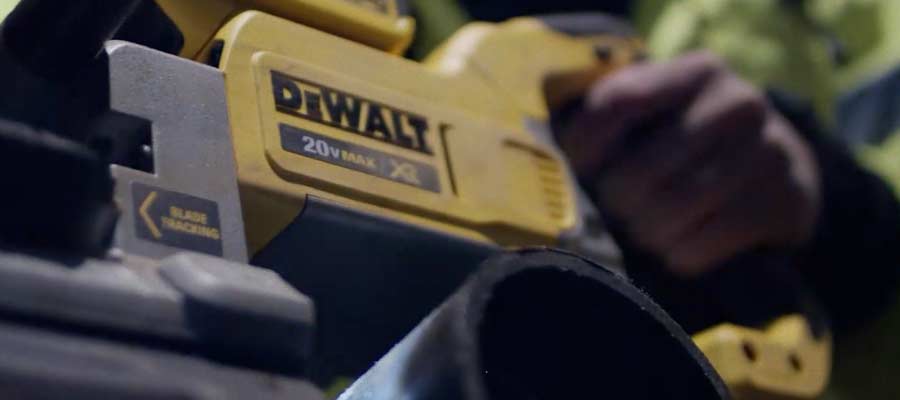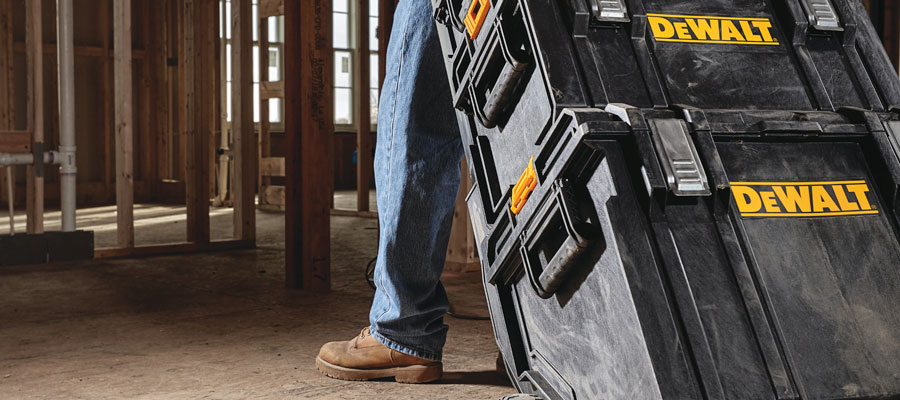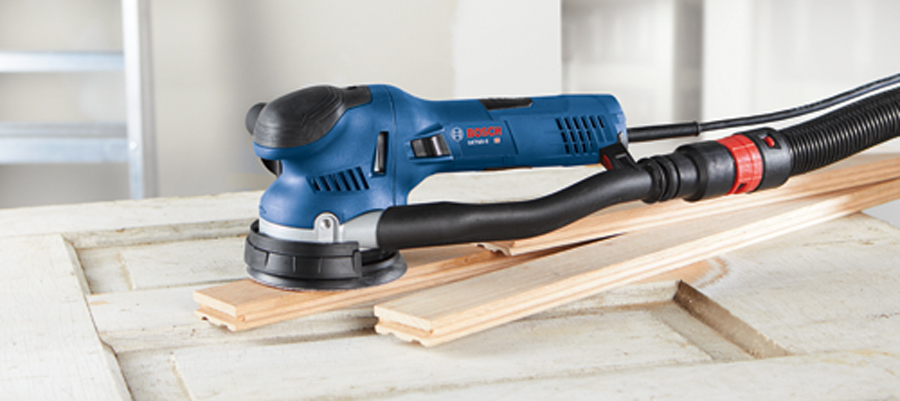It's time for a Contractor Smackdown! In the ring today, we have lithium ion versus NiCad cordless tool batteries. Each has its own strengths and weaknesses, but which one will win the day? You won't know until you read more to find out! Here's a quick look at each type of battery and in which situations they work best.

Power
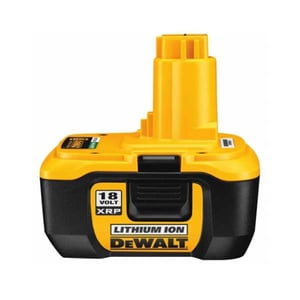
Generally speaking, a volt is a volt, no matter which system you use. However, the efficiency with which the battery delivers that power can make a huge difference in terms of overall performance, which we'll discuss below. Though it doesn't impact the battery types here, generally speaking, larger voltage will usually deliver longer-lasting and stronger performance.
Storage
When my dad was contracting when I was growing up, he was using NiCad rechargeable batteries because there was no such thing as lithium ion batteries at that point. He would quite often wait until the morning of a project to charge his batteries, because they would lose charge very quickly. By comparison, the lithium ion batteries I use today have a long shelf life once charged with virtually no loss of power over months of storage.
Cost
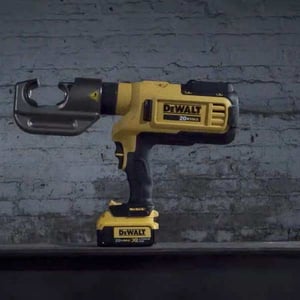
This is one of the few areas where NiCad batteries really shine. Because they're such an old, established technology, they tend to be significantly less expensive than lithium ion batteries. In many cases, this difference can end up being half to a third the cost of comparable lithium ion batteries, making it less expensive to have multiple tools ready to go instead of switching limited batteries between them.
Memory
If you're planning on using NiCad batteries, plan on using them until they're completely dead. Why? NiCad batteries have charging memory, so if you only let them drop to 50% before charging, they'll stop working at the 50% mark in the future, even if it still has power left to give. That's not a concern with lithium ion batteries.
Longevity
Have you ever had a cordless tool where you had to constantly change and charge the battery? That can seriously cut into your productivity. Lithium ion batteries win this category, with a higher number of holes drilled or boards cut per charge due to a lower discharge level than NiCad batteries.
Sustainability
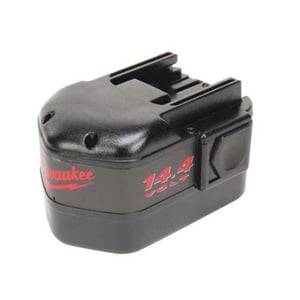
Generally speaking, lithium ion batteries are considered more earth-friendly than their heavy-metal NiCad counterparts. Why? The heavy metals in NiCads require them to be disposed of as hazardous waste.
Weight
This factor is a big one for me - with joint issues, it's much easier to lift a lighter battery than a heavier one. In this area, lithium ion batteries win, with a significantly lower weight than the more traditional NiCad batteries. This helps reduce worker fatigue and helps you get the job done faster.
As you can see, there are some clear differences between the battery types, but if you look beyond cost, lithium ion rechargeables are the best bet to keep your job site moving and productive. Now all you need to figure out is which tool family to go with. If you need help finding the right battery and tool system for your needs, the experienced associates at Star Sales are here to help. Please feel free to contact us today for more details, with any questions or to get started with the right system for you.

